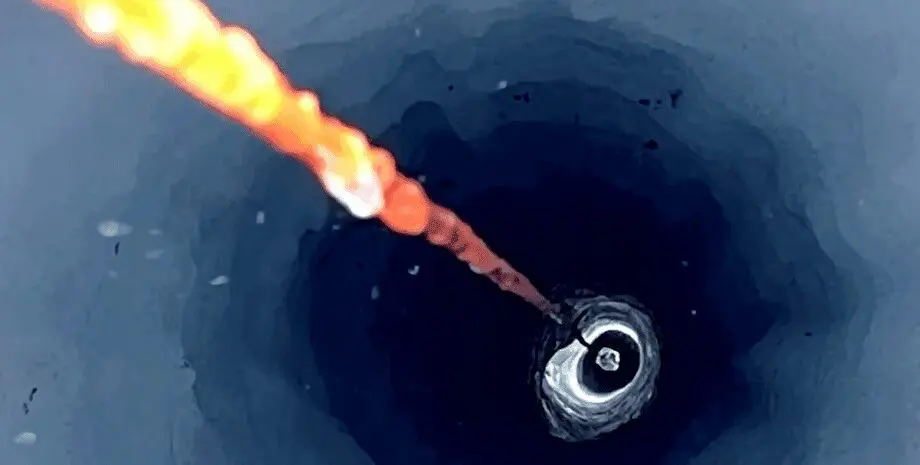Although the discovery of an underwater ecosystem came as a surprise, it is not unique, as there are many similar environments on Earth that researchers already know about. But studying these creatures allows you to learn more about Antarctica.
In a recent study in Antarctica, scientists were studying an area a few kilometers from the Ross Ice Shelf when they accidentally discovered a hidden underwater ecosystem made up of swarms of small, shrimp-like creatures.
This underwater ecosystem is in a network of hidden freshwater lakes and rivers that scientists already knew about. However, due to the fact that access to them has been so difficult, experts have only now managed to conduct a direct study of this environment, and look into its hidden depths.
“For a while we thought that something was wrong with our camera, but when the focus improved, we noticed a swarm of arthropods about 5 mm in size,” the scientists said.
These creatures are amphipods, a detachment of higher crayfish, relatives of lobsters and crabs. And while they don’t represent a new species, they may help answer some intriguing questions about their existence.
“I wonder where they get their food from and why their presence was so diverse during our 10 days of observation,” said scientist Craig Stevens from the University of Auckland.
Experts took several water samples to the laboratory to study DNA and other properties of water
As for what these creatures eat, the team is testing the water’s DNA to find clues as to what nutrients may be keeping them alive.
“We were jumping for joy because having all these animals swimming around our equipment means that there is clearly an important ecosystem there,” Stevens said.
Experts took several samples of the water to the lab to study the DNA and other properties of the water, trying to understand what makes it unique.
Although the discovery of an underwater ecosystem came as a surprise, it is not unique, as there are many similar environments on Earth that researchers already know about. However, the study of these little inhabitants allows you to learn even more about the secrets of Antarctica.
“On the surface of the ice shelf there is a small valley descending to the coast. Beneath it is a cathedral-like cave hundreds of meters high, which is also teeming with life,” the scientists concluded.
Recall that in May of this year, large reservoirs of groundwater were found in Antarctica. Scientists believe that the existence of groundwater under the Antarctic ice sheet could affect climate change.







